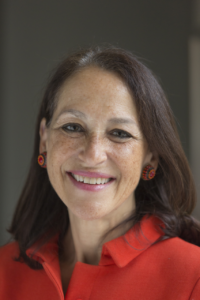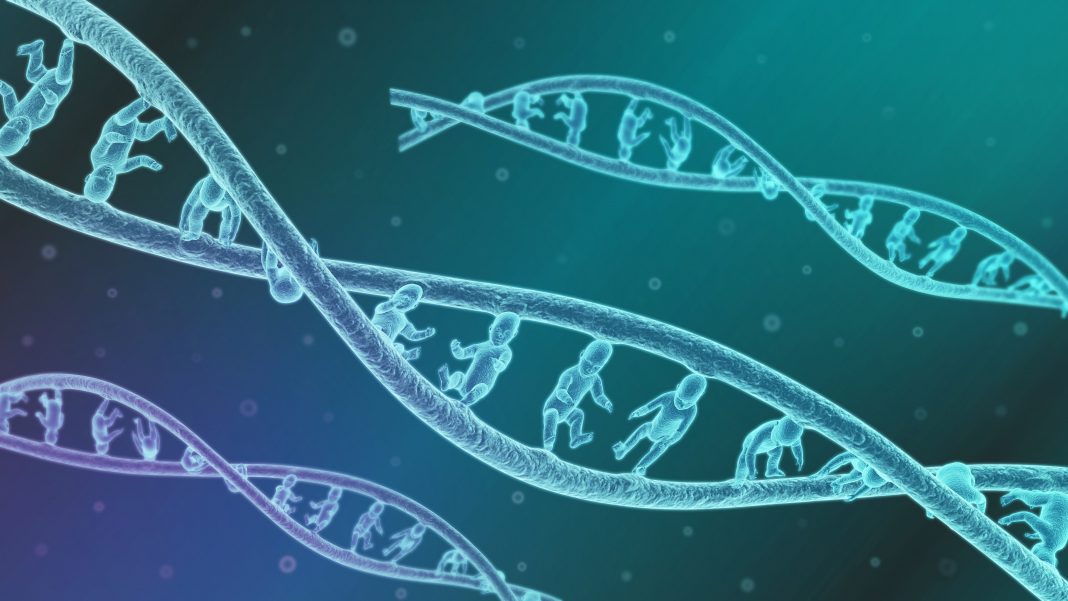
The World Health Organization (WHO) has issued a pair of long-awaited reports tackling the controversial issue of heritable and somatic human genome editing (HGE).
The two new WHO reports cover global standards for governance and oversight of genome editing. They make a number of recommendations around further education, monitoring of clinical trials, whistle-blowing procedures, and intellectual property.
The reports were written by a multidisciplinary international commission of 18 experts, co-chaired by Margaret Hamburg, MD, the former commissioner of the U.S. Food and Drug Administration, and Edwin Cameron, a retired South African Supreme Court Justice. The commission, made up of scientists, bioethicists, regulatory and legal experts, held multiple meetings over the past two years before issuing the reports.
The reports are published ten months after another blue-ribbon commission, under the auspices of the National Academies of Sciences and the U.K. Royal Society, issued its own report in September 2020. That report focused on the translational and safety aspects of HHGE: It left the door open for the potential use of heritable human genome editing in a narrow set of circumstances—primarily when both members of a couple with a recessive disease seek to have a biologically healthy child, rendering other technologies such as preimplantation genetic diagnosis ineffective.
Curbing editing
During a virtual press conference, commission co-chair Hamburg acknowledged that oversight of HGE is complicated. Hamburg said there was “no one single mechanism to offer comprehensive oversight” because of the ease of access and use of genome editing methods like CRISPR.
Rather, the process “involves educating scientists about their own responsibilities, having standards and oversight at research institutions, having professional societies and organizations develop codes of conduct, having national regulatory and legal frameworks, and the ability to have global guidelines, standards and access to important information.”
Hamburg continued: “We have to have this layered approach. It requires changing how we think about science, responsible stewardship and engaging at every level to increase awareness and to increase effective action and oversight.”
Canadian bioethicist Françoise Baylis, PhD (Dalhousie University) said that while individual member states would make their own recommendations, “WHO is asking countries to do that with a global orientation.” The potential benefits of HGE research must be made available around the world, not just in the richest countries.
Baylis emphasized that HGE should be “a public health benefit that serves all peoples of the world,” not just a form of personalized medicine. “We have a constant reference [in the reports] to public education, engagement and empowerment. The public can help with priority setting and help ensuring that the benefits of gene editing technology are not just for a small elite group,” she said.
In 2019, WHO set up a clinical trial registry to help monitor all HGE trials, even preclinical experiments, thereby raising awareness of experiments that could lead to efforts to edit human embryos. Currently 126 gene editing trials are listed in the registry. Registries “can provide essential information about the state of the science,” Hamburg said, suggesting this should also include a vetting mechanism to flag trials of potential concern.
The new WHO reports also recommend a whistle-blowing mechanism such that WHO could facilitate investigations on any such efforts. In early 2019, a Russian geneticist named Denis Rebrikov declared his intention to embark on HHGE trials to attempt to modify a gene that, when mutated, causes heritable deafness. The WHO Director-General issued a statement in July 2019 that such experiments were irresponsible and should be stopped, which was promptly heeded by the Russian authorities.
In addition to the Rebrikov case, committee member Robin Lovell-Badge, PhD (Crick Institute, U.K.) said that the WHO committee had heard rumors about potential heritable HGE efforts in the Ukraine, as well as a clinic in Turkey that was advertising somatic genome editing services. “Peer pressure is really important,” he said, noting that the effort in Turkey had also been stopped. “But the more formal mechanisms of whistle-blowing we’re proposing… should prevent inappropriate uses of the technology.”
WHO Recommendations
Here are the nine chief recommendations of the WHO expert advisory committee*:
- Leadership: WHO should maintain its scientific and moral leadership in this field, at a minimum reiterating the Director-General’s statement of 2019.
- Governance and Oversight: WHO should work collaboratively for effective governance and oversight, including organizing more meetings on HGE.
- Registries: WHO should continue to develop HGE clinical trial registries.
- International Research: HGE should only take place in jurisdictions with responsible domestic policies and oversight.
- Unsafe or Illegal Research: The WHO science division should spearhead the development of a mechanism for individuals to report potentially illegal or unsafe activities.
- Intellectual Property: WHO should work with others to ensure equal access to HGE interventions.
- Education, Engagement and Empowerment: The United Nations should set up a working group to facilitate a global dialogue and report on an ethical framework for HGE research.
- Ethical Principles: WHO should create a set of ethical values for internal use.
- Further Review: WHO should review its recommendations within the next three years.
One of the reports offers a series case studies of potential or hypothetical genome editing scenarios, including:
- A clinical trial of somatic genome editing for sickle cell disease in West Africa
- Somatic or epigenetic genome editing to enhance athletic performance
- A clinic based in a country with minimal oversight that offers embryo editing to international clients.
*World Health Organization: Expert Advisory Committee on Developing Global Standards for Governance and Oversight of Human Genome Editing


